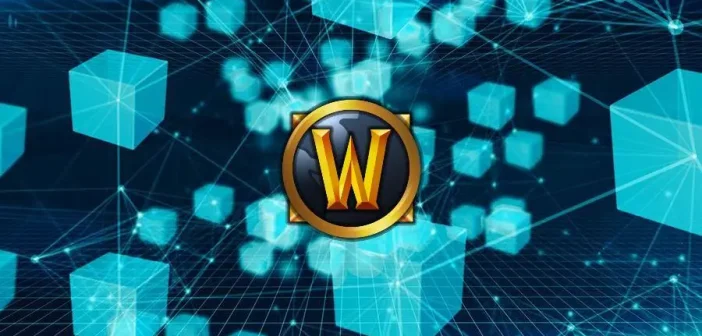Soulbound tokens are a special type of blockchain asset that cannot be transferred or sold. Instead, they stay permanently in the wallet they were issued to. These tokens help prove personal facts—such as education, membership, or achievements—without relying on paper or centralized databases.
First proposed in 2022 by Ethereum co-founder Vitalik Buterin, economist Glen Weyl, and legal expert Puja Ohlhaver, soulbound tokens were inspired by gaming items in World of Warcraft that are permanently tied to a character. Their goal is to link blockchain data with real-world identity.
How Soulbound Tokens Work
Soulbound tokens are issued to a wallet and cannot be moved, traded, or deleted. Their value is not financial. Instead, they act as certificates. For example, a university might issue a token that proves someone completed a course.
These tokens are designed to stay with the same wallet forever. That makes them perfect for proving personal data without allowing resale or manipulation. They serve as digital records that anyone can verify.
Common Use Cases for Soulbound Tokens
Soulbound tokens can be used in many areas of life. Here are a few examples:
1. Education and Learning
Universities and training platforms can issue tokens instead of diplomas or certificates. Since the data is stored on a blockchain, no one can fake their education history.
2. Work Experience and Skills
Employers can give tokens to confirm work history, job roles, or skills. That helps people build a public, trusted digital resume.
3. Membership and Voting Rights
Decentralized communities like DAOs can use tokens to confirm who belongs to the group. These tokens can also prove eligibility to vote on proposals.
4. Awards and Achievements
Just like in games, users can earn tokens for completing actions. A DeFi app, for example, might give an SBT after 1,000 transactions. These “badges” could also unlock special perks.
5. Legal Identity and Government Use
In the future, digital passports or driver’s licenses could be soulbound. Governments might issue them to help people access services securely and globally.
6. Health and Social Benefits
Hospitals or public agencies could issue tokens that confirm vaccine status, disabilities, or benefits eligibility. These tokens would allow fast access to services—without paperwork.
Why Soulbound Tokens Work Well with Decentralized Identity
Soulbound tokens are often used together with decentralized identity systems. These systems allow people to control their own digital identity. By using soulbound tokens, you can prove who you are—without needing a central authority.
An example already in use is Binance’s BAB token. It proves a user has passed identity checks, but cannot be transferred or resold.
Risks and Challenges
Despite their benefits, soulbound tokens also have downsides:
-
Privacy Risks: Token data is public. If a health agency issues a token, that may reveal private details.
-
No Take-Backs: If a token is issued by mistake or without consent, there’s no easy way to remove it.
-
Lost Access: If you lose your wallet, you lose all your tokens. There’s no recovery option yet.
-
Issuer Trust: These tokens need trusted issuers. That can create central points of control, which goes against decentralization.
Developers are now working on features to solve these problems. These include ways to revoke or hide tokens, use zero-knowledge proofs, and allow backup recovery systems.
Final Thoughts
Soulbound tokens are not money or collectibles. They are digital ID tags. They link real-world facts—like education, skills, or social roles—to the blockchain. That gives them a unique place in Web3, especially for building reputation and trust.
While still new, these tokens could change how we manage credentials and identity online. If privacy and control issues are solved, soulbound tokens may become a key part of digital life.




